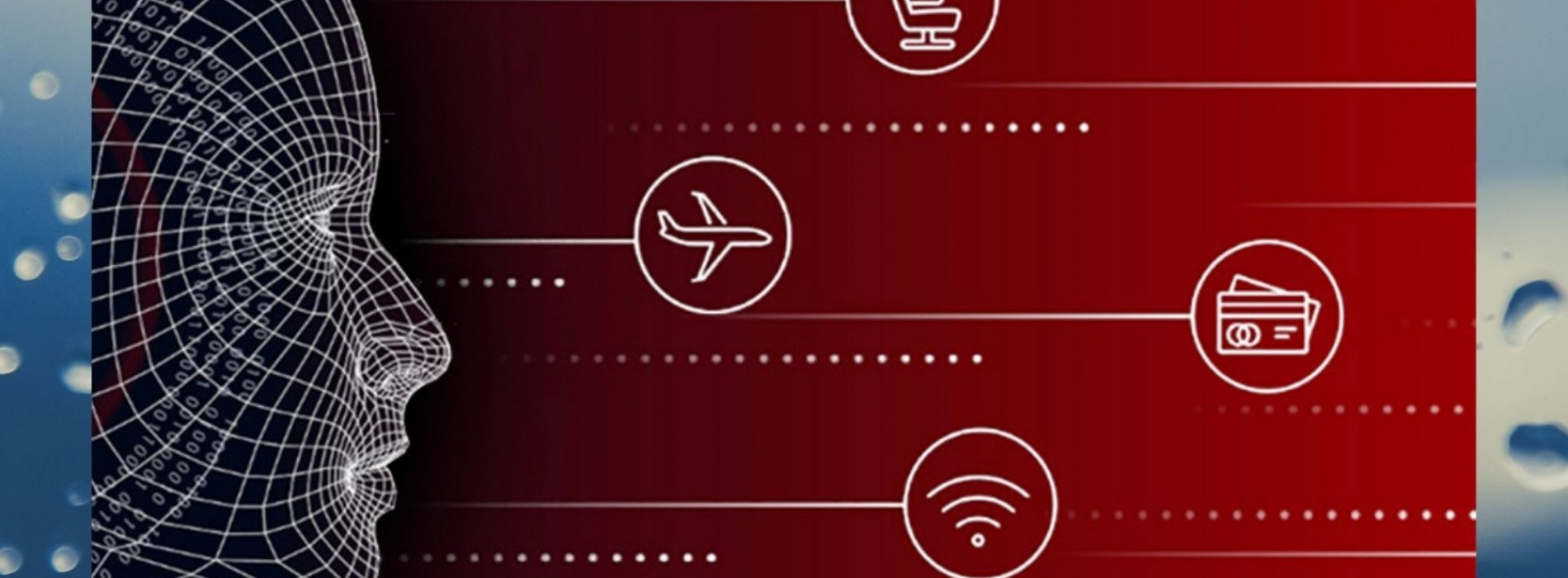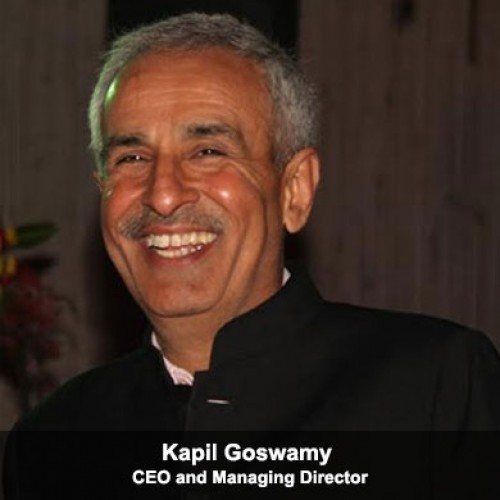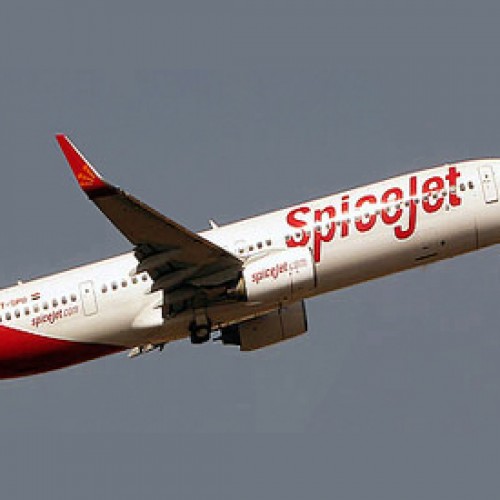Demystifying AI for the Travel Business
Words by Gaurav Chiripal
Thanks to billions of dollars of investment in refining technical performance and commercialization, AI is now accessible and poised to have an ever-increasing impact on the travel industry.
With the travel industry going through its biggest turmoil and touchless being the new norm in life, a lot of work is being done on creating Artificial intelligence (AI) for the industry. In fact, AI is the buzzword among travel technology companies and travel management companies (TMC) irrespective of their domain of business.
So, what is AI? AI is the simulation of human intelligence by machines, such as computer systems. In simpler words, AI can be defined as a process executed by a computer (or software you may say) after analysing a huge collection of data and creating subsets of outcomes and then matching those with the ones relevant to customers.
All this can be achieved during a user transaction and recommendations can be made on the fly to create a seamless user experience. The program or code gets more intelligent by reading more data and it keeps evolving forever. This is exactly what the human mind does, but the software is just much faster and more precise. An example of AI in our daily lives is Google maps. Whenever we use Google maps to show us the route from point A to point B, Google relies on real-time information from thousands of other people on the same route. It calculates speed and congestion based upon the data collected from those other people running on the same route. Traffic conditions are provided to us on a real-time basis & hence target arrival times are correct most of the time. These are all driven by highly complex algorithms working behind the scene, churning data collected by other users.
Similarly, there are countless other ways that AI can potentially be applied to change the way business travel and leisure travel is viewed, managed and experienced. It benefits both corporate and leisure travellers by creating a better guest experience by providing the relevant content based upon the customer’s liking.
For example, ‘machine learning’, a subset of AI, provides a personalized booking experience which can be further enhanced by applying relevant company policies and real-time approvals.
All those traditional functions done by a travel consultant in order to validate a quote like sending emails, policy compliance, personal preferences and managing documents for expense reporting are all gone. They are all done proactively by smart engines even before quotes are shown or any tickets are booked. Just imagine a scenario where the user looks into his outlook calendar and finds a meeting scheduled in Mumbai two days later.
By just clicking a button in his outlook, the system can provide him with a return air ticket option along with a stay option in a hotel next to the meeting location. All this is done after validating all possible considerations like corporate policies, personal preference and approval budget and yet all within
few seconds.
Additionally, AI-based analytics tools now track travel budgets for optimizing cost. Insights like budget consumption, airline options, moving business class tickets to economy class for
certain sectors of travel etc. can be found through data analysis.
In fact, most large organisation are now adopting cost-saving measures based upon learning from smart engines. Budgets are now corrected during the time of booking based upon real-time fiscal situations. For instance, business class options go off as soon as the monthly travel budget reaches a certain point or stopovers become acceptable in case the saving is more than 20% of the airfare.
Further, automated smart incentives are given to employees to save cost by booking a lower class of travel. All of these results are automated and driven by analytics and machine learning.
Voice or chatbots are also very common nowadays. They rely on an industry-standard vernacular algorithm to understand human needs and decode them into commands which could be understood by machines. The responses from the systems are then converted back to the readable language before being presented to customers. These techniques are mostly used by automated call centres, online help bots & customer relations departments for activities like post-sales changes or cancellations.
AI also streamlines a TMC’smoperations to bring efficiency in the day to day working of travel consultants. It reduces the dependency on resources and helps a TMC consolidate bookings from multiple sale channels. Bookings made offline over a phone can be combined with automated online & mobile bookings thus providing a consolidated view to a customer for all his reservations. Nowadays, automated robots & scripts help a TMC to ensure most of the post-booking functions like waitlist confirmation, service request confirmation, revalidation, schedule change, time limits and vendor remarks management are automated.
Moreover, AI is used in customer acquisition and marketing strategies. For example, one of our customers uses transactional data collected over a span of10 years along with current market trends to predict user search behaviour. Based upon these algorithms they predict what destinations the users are searching on the web (or what the users should be searching) and accordingly they automated their Google and Facebook keyword priority and adjust discounts only on the relevant destinations. As a result, we have seen about 30% more traffic on their website and at least 45% more bookings for these destinations.
To illustrate how you can upsell using AI, let’s take a case of a young 19-year-old boy travelling in business class from London to New York. Current booking engines are smart enough to understand that this customer would want a 5-star hotel in downtown Manhattan and would probably like to reserve a table at premier restaurants. Based on his profile, the system can go further and provide discount coupons for shopping at relevant places and free entry to night clubs. The agencies who are adopting these practices would definitely have an upper edge to perform effectively and efficiently in the ever-competitive world of the travel industry.
With the growth of adoption, we have also seen these technologies becoming cheaper. More tech companies are developing disruptive technologies and providing a new way to do business. Anybody who is willing to adopt these technologies should first focus on consolidating their data. You should have a very strong data management strategy, as DATA is the key to any AI platform. A simple collection of transactional data in an excel sheet can provide you with an insight on seasonal booking volumes. Something which helps you to negotiate better with the airlines and hotels.
So, just imagine what intelligent automated engines can do once this collection of data is fed into the system. Also, enquiries which are lost or quotations which never resulted in bookings are also big sources of learning. If these can be consolidated in a single database, it can highlight trends and reasons for loss of business. Consequently, a simple change in sales strategy or discounting policy can give a big upswing in revenue.
Currently, as a result of the COVID-19 crisis, the travel industry is seeing its worst time it has in the last century. For months, with no warning, the entire world came to a standstill. Planes were grounded, airports deserted and travellers locked in their homes. What really kept working were the backend systems, analytic scripts, refund engines & auto cancellation robots.
For airlines and agencies, decisions regarding how to pay, whom to pay and how much to pay were not easy. All these descions were based on intelligent analytics performed by systems.
As we see flights reopening and sales improving slowly, the choice of routes and the models of planes to be used are again being based upon historic data analysis.
Airlines along with IATA are pushing heavily on the adoption of NDC (New Distribution Capability) based content. NDC is a new way to connect directly to an airline’s reservation system without any need for a GDS. Everybody feels that this technology was brought in order to bypass the GDSs, but the fact is that NDC is helping airlines to be closer to their end customers. Hence, airlines can now provide personalised offers to different customers. Their internal AI engines can provide last-minute fares, time-bound quotes based upon demand, bundle fares and multiple other amenities.
Hotels and car rental companies are incorporating AI in their yield management. Tariff discounting and inventory control are all automated and no human is required to manage these changes. Most of these are not only based upon demand & supply but also on historic data, current market conditions and customer behaviour. Simple Customer Relationship Management (CRM) functions are now controlled by systems and customer requirements are understood even before they check-in. To illustrate, let me narrate my personal experience. Taj Lands End in Mumbai placed my preference of pillow in my room with a special note without my asking. Their systems were smart enough to track my profile from a booking at Taj West End in Bengaluru where I had requested for the same pillow. This is a very small use case but shows how data can really enhance the customer experience.
I would like to conclude by highlighting that AI is no longer science fiction, it’s a part of our life and we use it every day. Applying AI in the travel industry is easy and can be done very quickly. I believe we have highly skilled people in this industry who will become more efficient with the adoption of these technologies. AI will never replace the importance of human interaction but it can help us to be more productive and provide better customer experience.
About the Author
Gaurav Chiripal is the Founder & CEO of QuadLabs Technologies Private Limited. With a career spanning over two decades, Chiripal has established his name as the man to connect for end-to-end travel technology solutions. His company QuadLabs empowers B2B resellers,
tour operators and business travel intermediaries by providing them with world-class technology products and has won several awards for its work. It was recognized as the World’s Leading Travel ERP Technology Provider at the World Travel Awards for three consecutive years.
You might also like
Ras Al Khaimah signs agreement with Cox & Kings Ltd to increase arrivals from India
Ras Al Khaimah has signed an agreement with Cox & Kings Ltd., the leading tour operator from India, to strengthen its relationship and expand its presence in the Indian market.
Trans India Holidays launches Bigbreaks.com
Trans India Holidays has launched a Travel Portal, Bigbreaks.com in January 2016. Big Breaks is headed by Kapil Goswamy, who is also the CEO and Managing Director of Trans India
SpiceJet offering airfares starting at Rs 716
SpiceJet on Monday launched the ‘Happy New Year Sale,’ offering one-way base airfares starting at Rs 716 (excluding taxes) on some popular routes on the domestic network. The four-day sale








